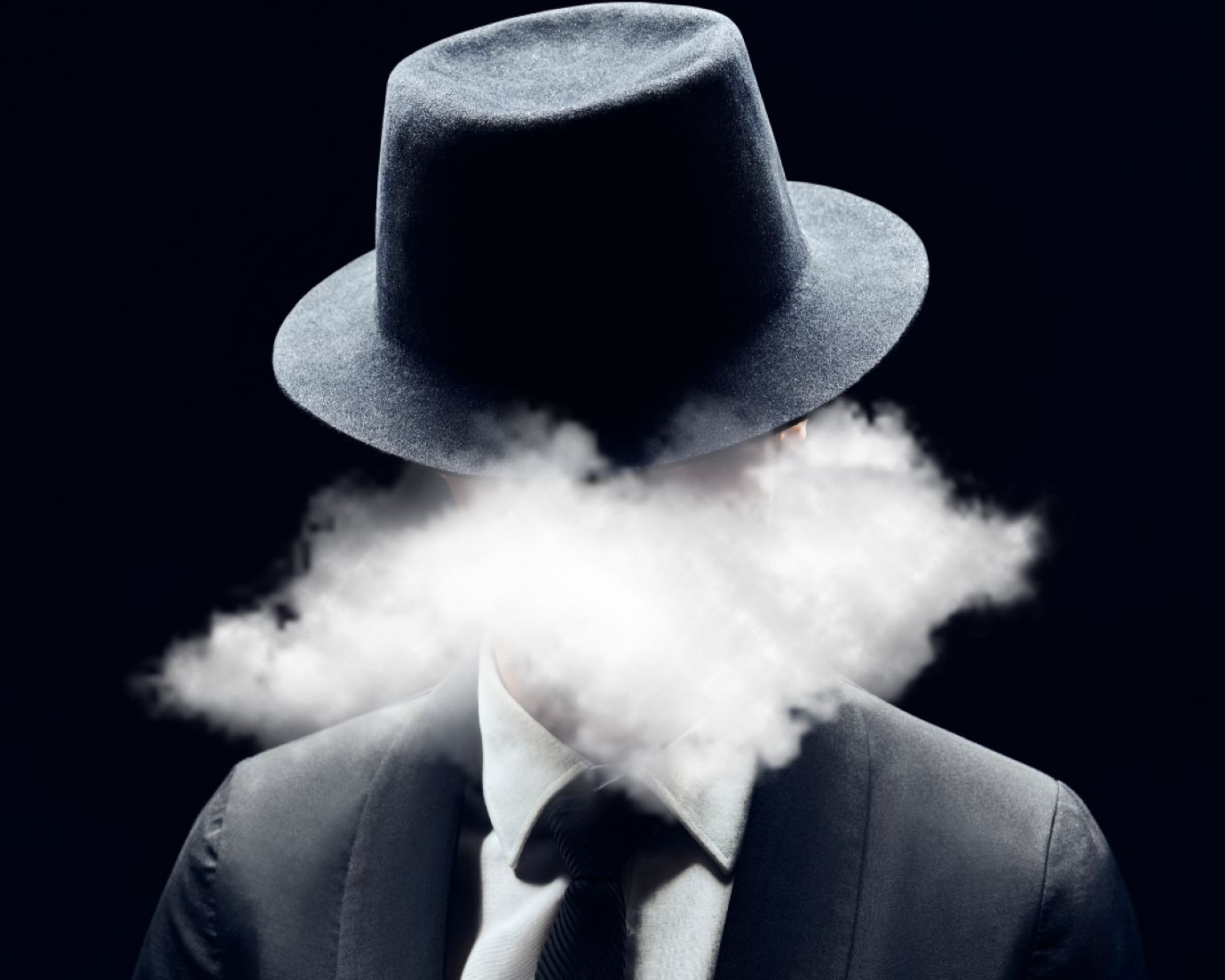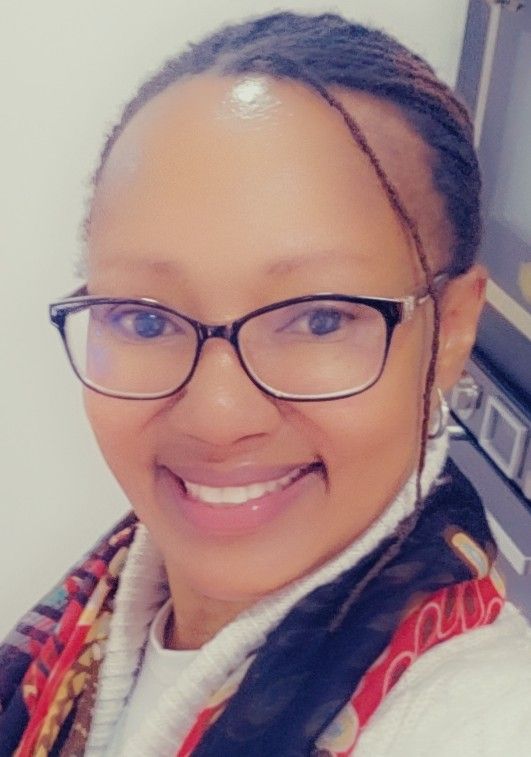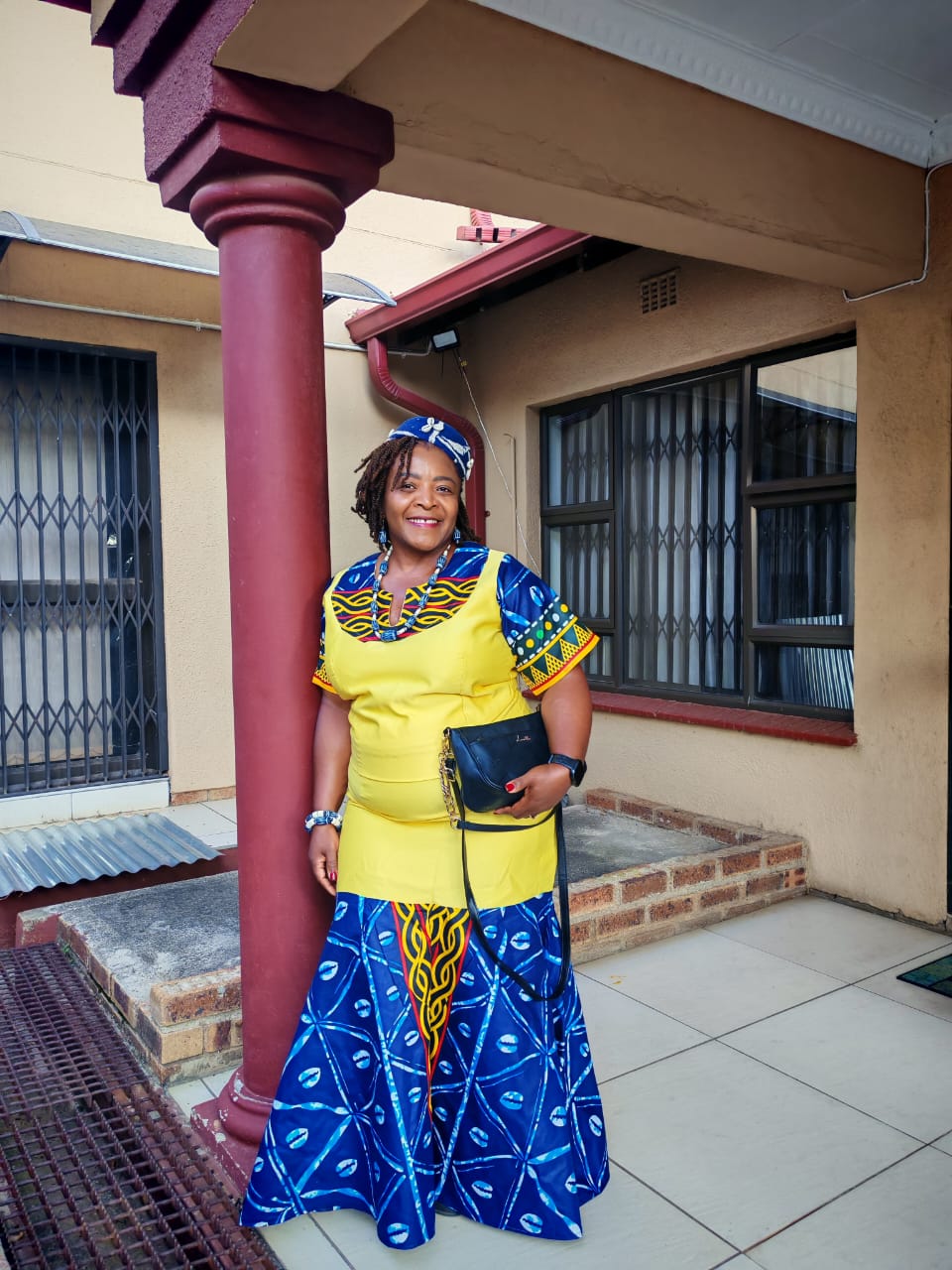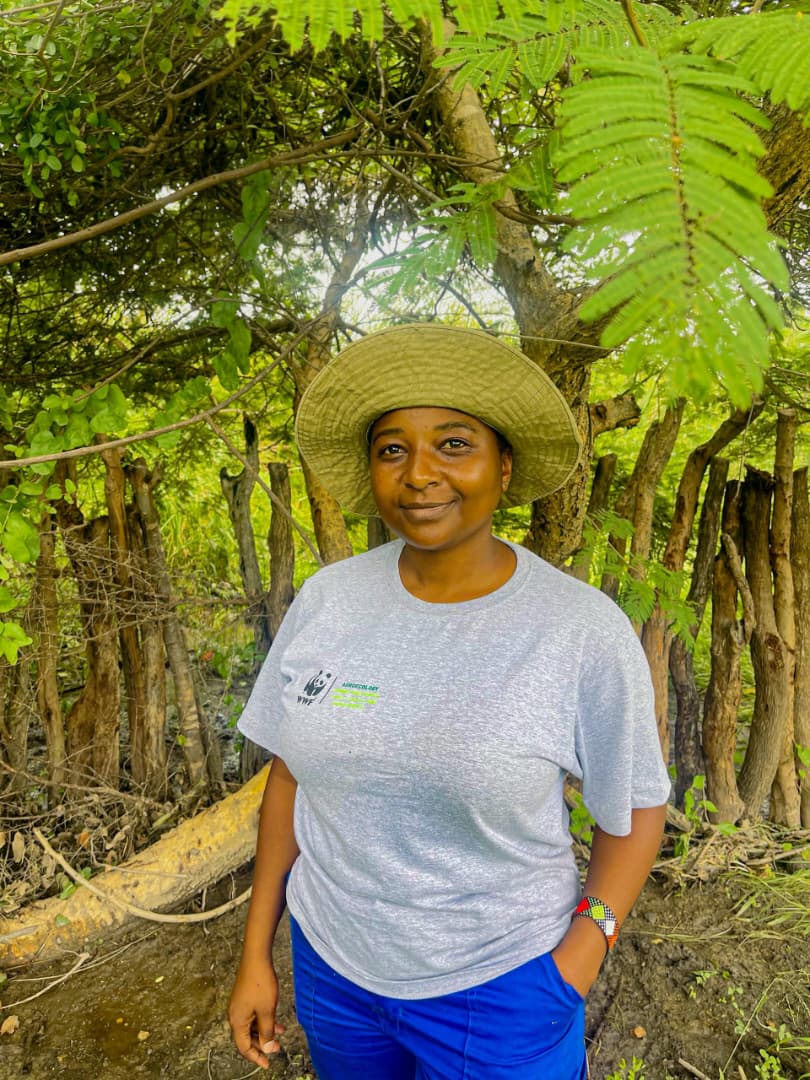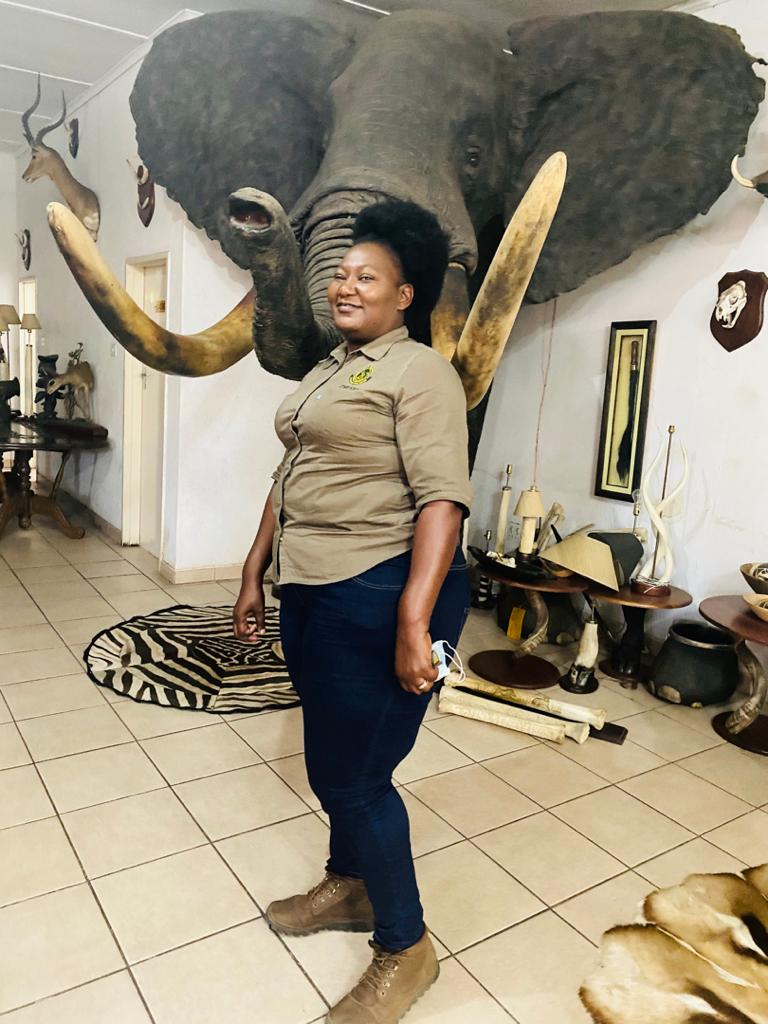Kijani Kibichi’s (not his real name) journey in fighting to achieve what many men haven’t been able to do has been anything but easy. He is breaking free from the shackles of taboo and shedding off the layers of shame and weakness that have been pinned on men for decades, opening up about his journey with mental health. Looking back at how far he has come, he is proud of the young boy he was 15 years ago—the boy who withstood the test of time and held on to his sanity with all his strength.
Currently pursuing his Master's in Clinical Psychology, Kijani seeks to understand human behaviour and emotions in order to optimise the human experience.
Kijani talks about his mental health journey with Liz Chema-Mukigi.

Kijani, how far back does your struggle with mental health go?
When I was 12, I started experiencing long periods of sadness. I felt deeply misunderstood, and honestly, I just wanted to die. For years, I couldn’t figure out why I kept falling into this pit of sadness that I couldn’t pull myself out of. Eventually, I realised I needed to find a way through those low moments, instead of just waiting for them to pass on their own.
How old were you when you realised you needed help?
I was 20 when I picked up a blade for the first time—and that’s when the self-harm began. It was a response to the emotional abuse I went through in a relationship at the time. I had turned a blind eye to the mistreatment and how it was affecting me.
Later, when I returned to Kenya after studying abroad, I found myself unintentionally burying that pain at the bottom of a glass. I drank a lot, trying to numb it. At first, I was just excited to be back home, reconnecting with friends. But there’s only so much partying one can do. When that initial excitement wore off, I finally recognised the serious psychological danger I was in. The self-harm got worse—more intense, more frequent.
You’ve used the word ‘unintentional’, what does that mean?
The excitement of being back home kind of took over. I guess you could say I put my pain in the back seat for a while. I wasn’t avoiding it—it just got buried under the fun and distractions. But it didn’t go away.
Can you take me back to a time when you opened up or reached out for help?
I began therapy in January 2019 and continued until December 2024, after I had learned to trust that I have the necessary tools to stand on my own. This taught me that reaching out isn’t a sign of failure, but a part of growth. That’s when I started to understand the connection between the body and the mind, and how they work together to shape our experiences as human beings.
Tell us about some of the challenges you faced along the way.
My biggest challenge was self-doubt. I could easily advise others and help them get on the right path, but I struggled to take my own advice. That disconnect brought on a lot of anxiety. I had to learn how to actually sit with my feelings instead of fighting them or trying to push them away.
It took me six years to really figure that out—to clear the mental fog that had been fuelling my anxiety all along. It wasn’t quick or easy, but learning to give myself the same grace I gave others was a turning point.
How has having friends helped?
I’ve come to value friendships that are aligned with how I want to grow. A male friend of mine introduced me to my therapist, who I worked with for over four years. That decision shaped so much of my healing.
I’ve also had to let go of some relationships. Not because people were flawed, but because they weren’t committed to living with emotional honesty or healthy energy. You can’t force someone to change. They have to want it for themselves.
Many men carry silent pain and struggles. What do you think compels them to conceal their mental distress?
Men are generally viewed as the stronger gender. The providers, the protectors of both emotional and physical needs. They are not expected to show any emotion or any signs of cracking when societal pressure becomes too much, lest they be deemed as weak. There's also the fear of rejection from women they may be interested in and being mocked by their fellow men.
Do you think a man’s strength is brought into question when he seeks help?
Not just his strength—his masculinity too. That’s been the case for a long time. But things are slowly shifting. In more progressive spaces, like Nairobi’s middle-class Gen Z community, it’s becoming more acceptable for men to ask for help.
We still have a long way to go, especially when it comes to the older generations of men. But I believe that with continued awareness and honest conversations, change is possible. It’s already begun.
Would you say there’s a difference in how men and women experience mental health issues?
Yes, I believe there is. Men often express their struggles outwardly. They tend to explode—it can show up as aggression, violence, or excessive drinking. Those are usually telltale signs that a man is battling something internally.
Women, on the other hand, are more likely to internalise their pain. It might come through in overthinking, emotional disconnection, or in some cases, developing eating disorders. The pain is there for both; it just manifests differently.
How do you think we can begin to reduce the stigma?
Keep talking about it.. We need to normalise the reality of mental health issues, especially among men. That means having uncomfortable conversations, especially with the people who are most uncomfortable. It also means finding ways to share this awareness in ways men can relate to. It’s about being consistent, compassionate and patient—so the message starts to sink in.
If people choose to be supportive today, what’s one thing they could do to make a positive difference?
One of the most powerful things society can do is simply be open to the conversation at all levels. That openness could start to shift things. When we create space to talk honestly about mental health, we begin to build a healthier world—not just for men, but for the women and communities we’re meant to support and protect, too.
What words of encouragement would you offer a young man facing mental health challenges?
Allow yourself to feel. Anyone who tells you otherwise is likely disconnected from their own emotions, and it shows in how they treat others too. Be different. Your emotional honesty isn’t weakness; it’s strength. The quality of your life—and the lives of those you care about—depends on it.

